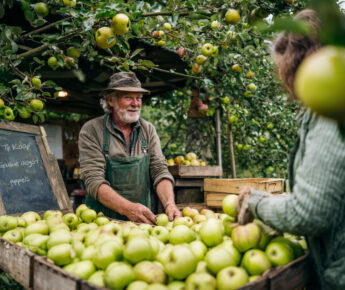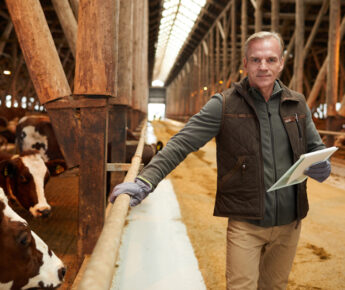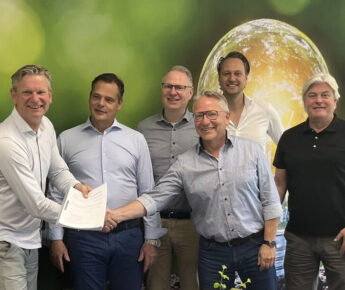Hello, I am Liel Ophaniels
 I am a young Malawian student at the LILONGWE UNIVERSITY OF AGRICULTURE AND NATURAL RESOURCES. Studying a diploma in environmental mangement with financial help of AgriDirect in the Netherlands.
I am a young Malawian student at the LILONGWE UNIVERSITY OF AGRICULTURE AND NATURAL RESOURCES. Studying a diploma in environmental mangement with financial help of AgriDirect in the Netherlands.
My background story
I was born in 2000 in the northern part of Malawi, mzimba District and I am 22 years old. I did my primary school at Luwerezi primary and Katete Boys primary schools and then did my secondary education at Champhira community day, Luwerezi community day and St John Bosco secondary schools. During my primary and secondary school days life was not that easy for me, growing up in the village where my aging grandparents had to do everything to support me. This was the case because I lost my parents at the age of 3. Growing up as a young boy I never dreamt of ending up studying an Agriculture related course. My dream was to study journalism. After being withdrawn almost too times from a journalism school on financial grounds. In 2019, on the verge of giving up on my education, I applied in the Lilongwe University of Agriculture and with the help of Stella a friend of Truus. Truus managed to get sponsorship from AgriDirect in the Netherlands. Truus is the one who is responsible for my fees and upkeep at the university. To be honest I fell in love with my course after the end of my first semester of study.

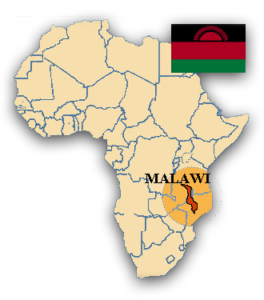 Malawi: General Overview
Malawi: General Overview
Malawi is a landlocked country in Southeast Africa. It is bordered by Zambia to the northwest, Tanzania to the northeast, and Mozambique to the west, south and southeast. Malawi has a population of approximately 19.5 million people (2021 estimate) and the official language is English and Chichewa. The capital city is Lilongwe and the largest city is Blantyre.
The economy of Malawi is largely based on agriculture, with tobacco being the main export crop. Other crops include sugarcane, tea, and cotton. The country is one of the poorest in the world, with a per capita GDP of $403 (2021 estimate). Despite this, Malawi has made progress in recent years, with the economy growing at a steady rate.
Malawi has a diverse culture, with a rich musical and dance tradition, and is known for its vibrant art scene. The country also has a number of national parks and wildlife reserves, which attract tourists from around the world.
In terms of governance, Malawi is a multiparty democracy and its current President is Lazarus Chakwera. The country is divided into 28 districts, each with its own elected council.
Agriculture sector in Malawi

Agriculture is the main economic activity in Malawi, employing over 80% of the population and contributing over one-third of the country’s GDP. The sector is dominated by smallholder farmers who grow maize, which is the staple food crop, as well as other crops such as tobacco, sugarcane, and groundnuts. The country has a favorable climate for agriculture, with two growing seasons each year, but the sector faces several challenges, including soil degradation, limited access to credit, and inadequate infrastructure, which limit productivity and profitability. The government of Malawi has implemented several initiatives to support the agriculture sector, including the development of agricultural infrastructure, the provision of agricultural extension services, and the promotion of private-sector investment. Despite these efforts, the sector remains vulnerable to climatic shocks, such as droughts and floods, which can lead to food shortages and poverty
In conclusion, agriculture is a crucial sector in Malawi and has the potential to drive economic growth and improve the livelihoods of its citizens. However, it faces several challenges that need to be addressed in order to unleash its full potential.
More you will read in my next Boervindt-blog!
Liel Ophaniels – Student Agriculture and Natural Resources
P.S. Visit the Stella and Truus Foundation at: www.stellaandtruusfoundation.com
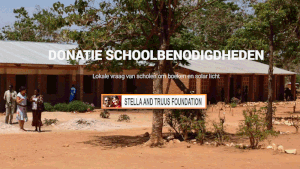

 I am a young Malawian student at the LILONGWE UNIVERSITY OF AGRICULTURE AND NATURAL RESOURCES. Studying a diploma in environmental mangement with financial help of AgriDirect in the Netherlands.
I am a young Malawian student at the LILONGWE UNIVERSITY OF AGRICULTURE AND NATURAL RESOURCES. Studying a diploma in environmental mangement with financial help of AgriDirect in the Netherlands. Malawi: General Overview
Malawi: General Overview

